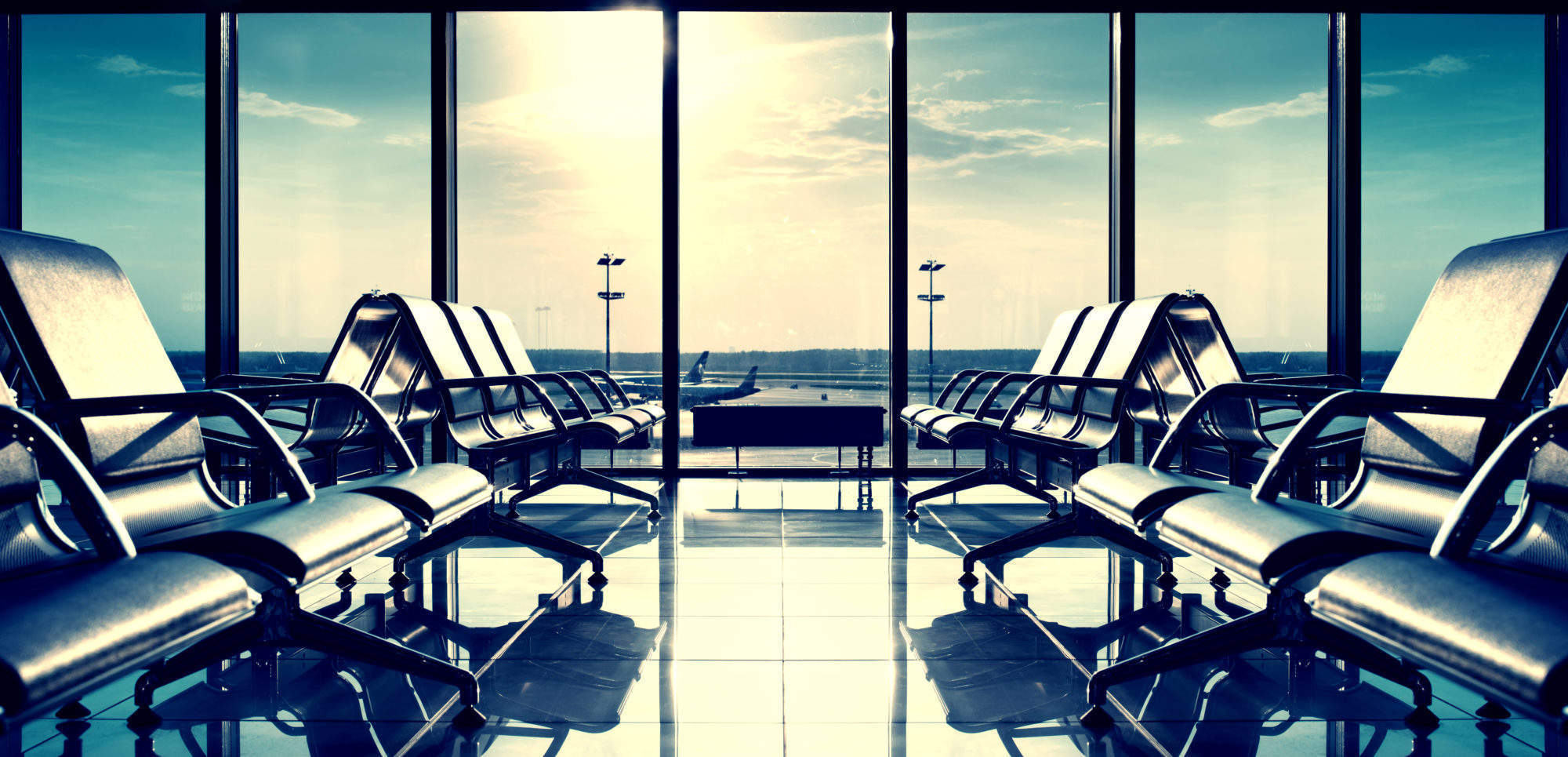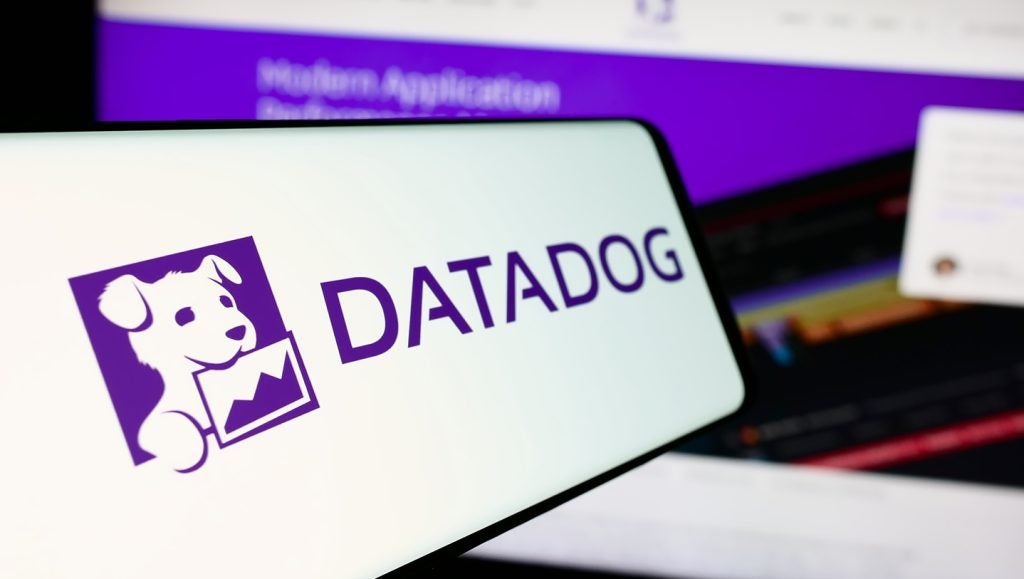
Virtual reality tours, augmented reality board games and hologram clothes shopping are just some of the things travellers should expect in the airport lounge of the future.
This is being shaped by the demands of younger demographics, according to research by YouGov and Spafax.
The research suggests that the airport lounge of the future will look very different from today’s lounges, making use of its space in more technologically-driven ways as younger generations embrace technologies such as AI.
“Airports and airlines are set to disrupt the way they have traditionally worked since the early days of passenger aircraft,” said Spafax head of brand alliances Charles Vine.
“They are realising the opportunity that people waiting in an airport lounge present – a captive, and highly select, target audience who want engagement and entertainment.
“This space has never been exploited to the fullest extent in an enticing and bespoke way.”

US Tariffs are shifting - will you react or anticipate?
Don’t let policy changes catch you off guard. Stay proactive with real-time data and expert analysis.
By GlobalDataAugmenting the airport lounge experience
In a poll of over 2,000 UK adults, 37% of people aged 18 to 34 said they would play augmented reality (AR) board games with other passengers.
In 2016, hugely successful mobile game Pokémon Go popularised AR, and a recent study found that the AR market is expected to be worth $60bn by 2023.
By contrast, just 9% of 55 and overs said they would swap out traditional board games for a mixed reality version.
Younger people are also more likely to favour a personalised experience, reinforcing previous research that showed generation Z – those born between 1996 and 2015 – expects a personalised experience more than any previous age group.
Nearly half (48%) of retired people shunned any form of personalisation at an airport.
Shoppers could also try on hologram clothes, looking into a smart mirror and swiping through a selection of digital outfits before purchasing the real thing.
Again, research suggests that this is more popular among younger generations, with 17% of 18 to 24-year-olds saying they would try on digital, while just 6% of over 55s would.
Using AI to power the airport lounge of the future
However, there is an appeal for artificial intelligence (AI) assistance across the board, with 68% responding that they would be happy to be aided by an algorithm.
One of the ways that AI could be used is in the form of chatbots, which use algorithms to process a customers’ request via a messenger application and offer a solution in real time. This technology is already been used across the air transport industry.
Spafax passenger engagement expert Charles Vine said:
“We have only touched the surface on what artificial intelligence can do to significantly enhance the passenger experience and the results of the survey are incredibly encouraging.
“They uncovered the fact that passengers are very keen for AI solutions to be integrated into the journey.”
AI is increasingly a central tool for providing a personalised experience. For example, Groupe ADP, which manages 26 airports around the world, uses a chatbot to provide a proactive approach.
“We work with the startup Sensego, which has developed a predictive AI technology,” Sébastien Couturier, Head of Innovation & Corporate Venture, Groupe ADP, told Future Travel Experience.
“It allows you to detect on average 10 days before the reservation that a customer is preparing for their next holiday. We can thus offer the customer a personalised offer, directly related to their needs.”
Preview your holiday destination with VR
Virtual reality experiences could let travellers escape the airport lounge of the future to preview tourist attractions at their upcoming destination.
Flyers could be given the opportunity to pre-book tickets if they want to experience it in real life, giving travel agents an innovative opportunity to attract customers.
The survey found that 36% of women would choose to use VR in this way, whereas 27% of men said they would test drive a new luxury car in VR.
There were also generational divides when it came to VR, with just 2% of retired passengers saying they’d like to take part in a VR boxing match compared to 17% of students.
Once passengers have left the lounge and boarded the plane they could use a VR experience to escape the cabin environment to a virtual city or an immersive film.
While VR could become prevalent in the airport of the future, its adoption seems slow in the workplace, with IT professionals branding it the most overhyped technology.







